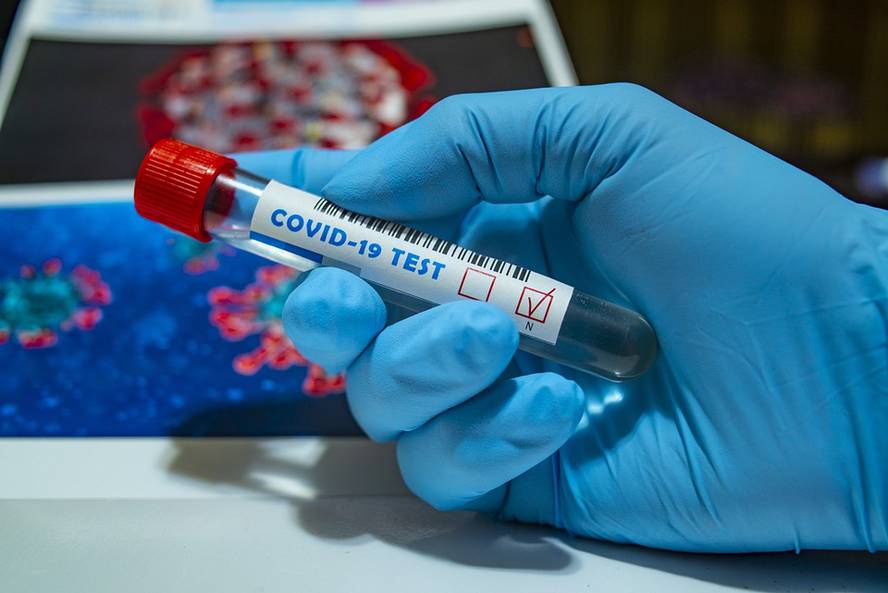Develop a quick and simple test based on the CRISPR method
Using the CRISPR genome editing method, researchers at the University of Califormia have developed a quick test that detects the SARS-CoV-2 virus in five minutes, led by Nobel Laureate Jennifer Doudna. The test does not require special equipment, can be performed anywhere and is the fastest so far.
The tests using the CRISPR method have already been presented. They are based on the identification of a part of the RNA (approximately 20 bases) of the SARS-CoV-2 virus. This part is specific to the virus that produces covid-19. Researchers create an additional RNA sequence to this RNA fragment to be associated with the virus. Subsequently, the Cas9 enzyme of CRISPR cuts this interval and in doing so releases a fluorescent particle. If fluorescence is detected it means there is virus.
Until now the crispr-tests required first the amplification of the RNA, which increased the time and hindered and increased the process. To overcome this, researchers have strived to increase the sensitivity of the test, obtaining a good result. With an additional RNA sequence, a virus has been detected in the solution with 100,000 microliter viruses and two sequences with 100 microliter viruses.
According to the researchers, this sensitivity is sufficient to detect the virus in clinical samples and only takes five minutes. The PCR test needs hours to give the result. In addition, fluorescence depends on the concentration of virus, that is, indicates viral load. This can help, for example, decide how to treat the patient. It is explained that the next step is to obtain marketing authorization.






